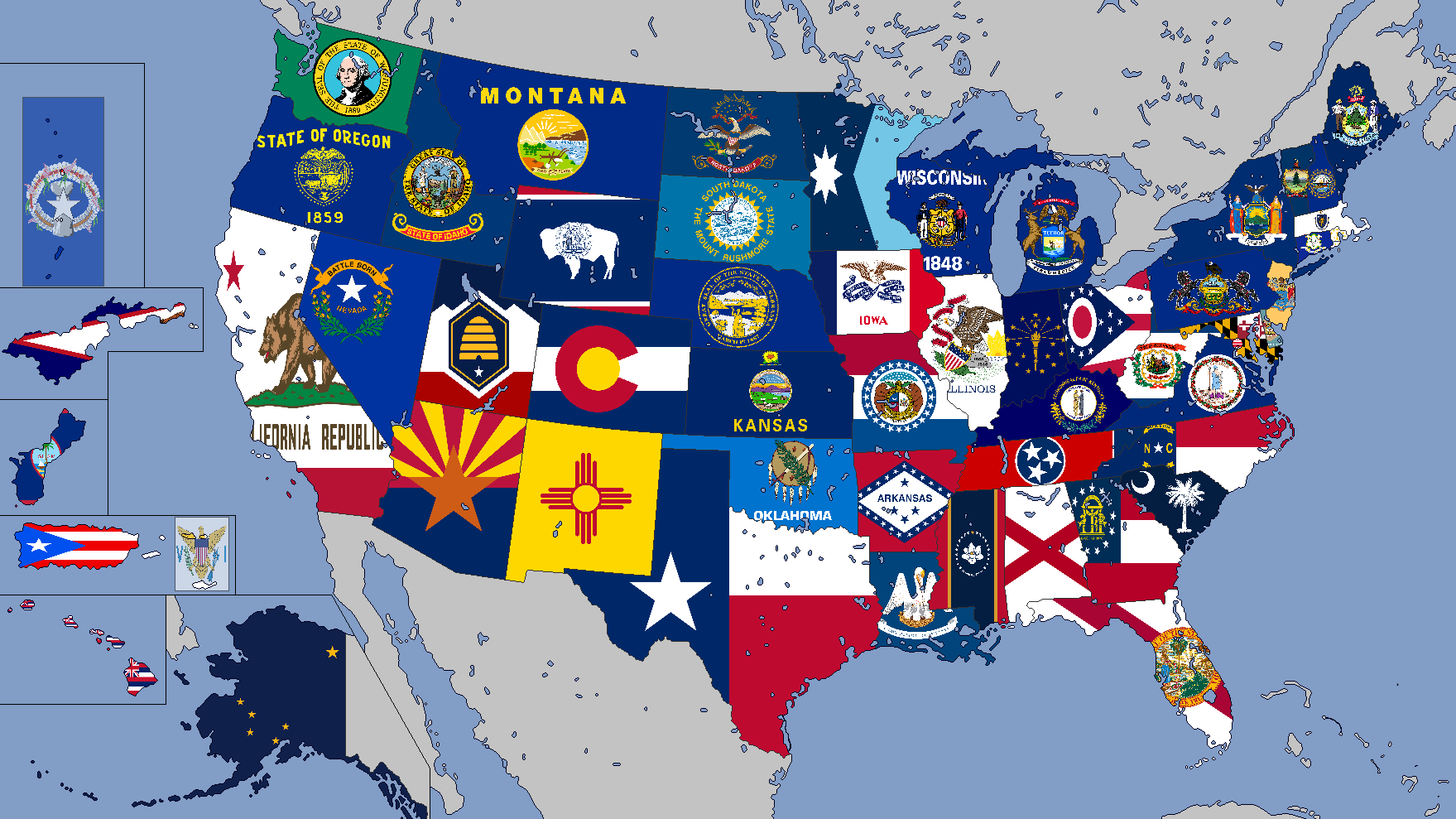- Link to a blog post about US foreign policy.
- Link to a blog post about international law.
- Link to a blog post about the history of the Gulf of Mexico.
- “Hypothetical Trump executive order to rename Gulf of Mexico sparks global debate. Explore the legal, political, and economic implications.”
- “The potential renaming of the Gulf of America: A deep dive into the international reactions, geopolitical implications, and historical precedents.”
- “Unprecedented move? Trump’s hypothetical renaming of the Gulf of Mexico and its global consequences. Read our analysis!”
Trump Renaming Gulf of America: Unprecedented Move Sparks Global Debate
The potential renaming of the Gulf of Mexico to the “Gulf of America” under a hypothetical Trump executive action has ignited a firestorm of international debate and speculation. While this action remains hypothetical, exploring its potential ramifications offers a fascinating glimpse into the complex interplay of geopolitics, national identity, and international relations. This blog post delves into the potential implications of such a dramatic renaming, examining its legal basis, the reactions it could provoke, and its broader significance in the context of American foreign policy.
Understanding the Potential Executive Order
Hypothetically, an executive order renaming the Gulf of Mexico would be a bold, unilateral action. The legal basis for such an order would hinge on the president’s authority over federal agencies and the power to direct their actions. However, the effectiveness of such an order in truly changing the internationally recognized name of a geographical feature is highly questionable. The Gulf of Mexico’s name is deeply entrenched in international cartography, scientific literature, and global discourse. Changing it would require a significant international consensus, which is unlikely to be achieved through a single executive order.
International Reactions: A Spectrum of Responses
The international response to a hypothetical renaming would likely be varied and complex. Some nations might view it as a provocative act of American exceptionalism, potentially straining diplomatic relations. Others might offer muted responses, perhaps acknowledging the symbolic gesture without formally recognizing the name change. Mexico, a nation bordering the Gulf, would undoubtedly have a strong reaction, potentially leading to bilateral tensions. International organizations like the United Nations might also weigh in, potentially emphasizing the importance of established geographical nomenclature and the need for international cooperation in such matters.
Geopolitical Implications: Shifting Power Dynamics?
The symbolic act of renaming the Gulf of America could be interpreted as a statement of American dominance in the region. It could be seen as an attempt to assert greater control over the Gulf’s resources and strategic importance. However, such a move could also be counterproductive, alienating allies and solidifying opposition. The potential for misinterpretation and the escalation of tensions are significant considerations. It’s important to remember that geographical names often carry historical, cultural, and political weight, and altering them can have far-reaching consequences.
Historical Precedents and Legal Frameworks
While there’s no direct precedent for an action of this magnitude, historical examples of name changes exist, though often within national borders. Examining these cases, including the legal frameworks involved, can shed light on the potential challenges and complexities of renaming such a significant geographical feature. International law and established conventions governing geographical names would be relevant in assessing the legality and enforceability of any such executive order. The process of formally changing a geographical name is often collaborative and involves international bodies, not unilateral action.
Economic and Environmental Considerations
The renaming of the Gulf of Mexico, even if purely symbolic, could have economic ramifications. International trade, shipping routes, and resource management all rely on established names and conventions. A change could create confusion and complicate these processes. Furthermore, environmental protection efforts often use internationally recognized names, so a change could impact communication and coordination. The potential disruption to established systems needs careful consideration.
Public Opinion and Media Coverage: Shaping the Narrative
Public opinion, both domestically and internationally, would play a crucial role in shaping the narrative surrounding a hypothetical renaming. Media coverage would be intense, with diverse perspectives and analyses emerging. The potential for misinformation and propaganda needs to be addressed. Understanding the dynamics of public opinion and media influence is vital in assessing the overall impact of such a bold executive action.
Conclusion: Navigating the Complexities of Geopolitical Symbolism
The hypothetical renaming of the Gulf of Mexico to the “Gulf of America” presents a complex case study in geopolitical symbolism. While the legality and enforceability of such an executive order are debatable, the potential consequences, both domestically and internationally, are significant. The action could be perceived as an assertion of American power, but it also carries the risk of alienating allies and creating unnecessary tensions. A thorough understanding of international law, diplomatic relations, and public opinion is crucial for navigating such sensitive issues.
Call to Action: What are your thoughts on the potential consequences of this hypothetical executive action? Share your insights and perspectives in the comments section below. Let’s engage in a respectful discussion about the complexities of international relations and the symbolic power of geographical names.
—
Internal Linking Suggestions:
Meta Description Ideas:

